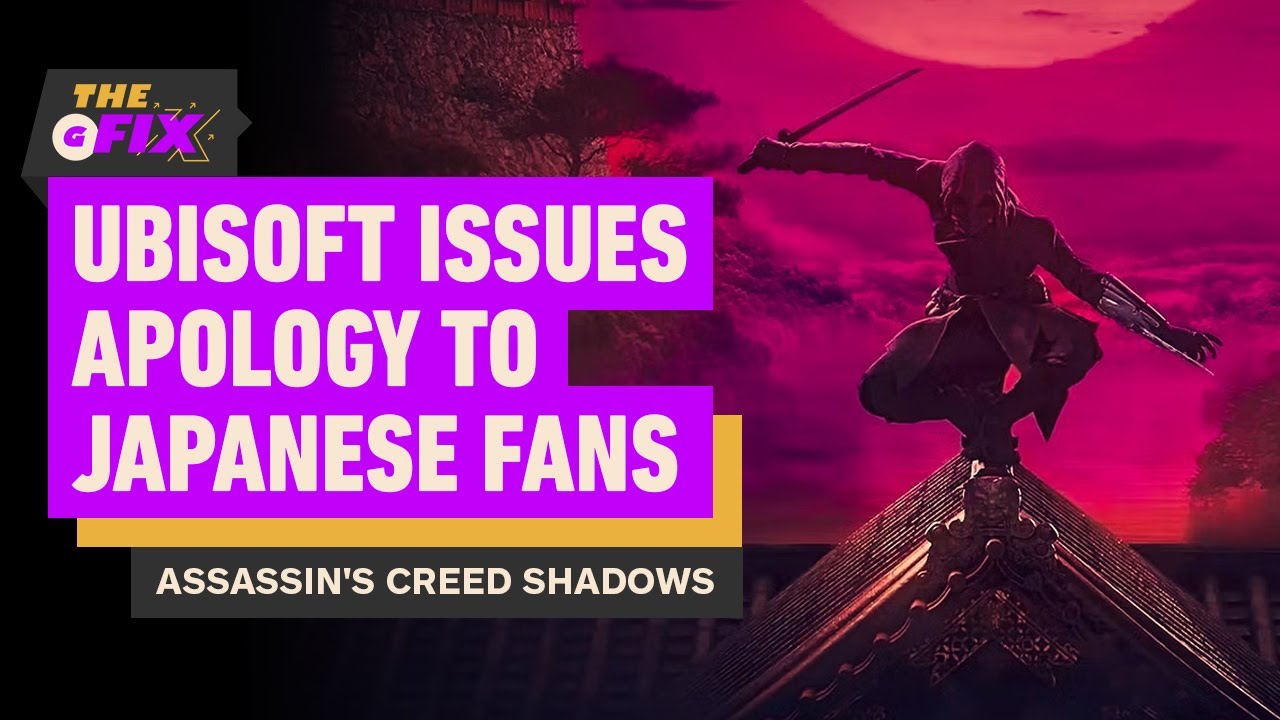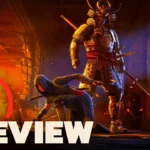Ubisoft’s recent response to grievances from their Japanese fanbase illustrates the ongoing debate surrounding historical authenticity in video games, particularly within the beloved “Assassin’s Creed” franchise. The developers released a comprehensive statement addressing issues around “Assassin’s Creed Shadows,” underlining their creative intent to portray historical fiction rather than documentary accuracy.
The historical setting draws interesting reactions when paired with the series’ unique gameplay elements—incorporating elements like virtual reality and medieval parkour. Despite these playful abstractions, the controversy has reignited discussions about how video games represent history, specifically when it comes to cultural sensitivity.
Central to the uproar was the controversial use of a flag associated with the Japanese reenactment group, Sakahara Teot, which was used without permission, prompting requests for its removal from marketing materials. Ubisoft has since agreed to cease the flag’s inclusion in future releases. However, the damage may have already been done with previously printed materials.
Furthermore, the decision to include Yasuke—an actual historical figure who served in feudal Japan—has provoked debate due to the ambiguity of his status as a samurai. As the first “Assassin’s Creed” game to feature a character based on a real person, it invites scrutiny on how such portrayals affect perceptions of history. The game’s creative team argues that including diverse profiles should inspire curiosity and prompt players to learn more about history beyond traditional narratives.
As “Assassin’s Creed Shadows” gears up for its upcoming launch on November 12, Ubisoft reaffirms its commitment to creative licenses and the complicated dance between history and storytelling. The series remains a touchstone for players and historians alike, with its past controversies shaping how future games may navigate similar challenges.
In conclusion, while the industry remains captivated by the interplay of history and fiction, it will be interesting to see how “Assassin’s Creed Shadows” resonates with players and critics when it ultimately launches, and what further dialogues it may spark in the broader gaming community.












